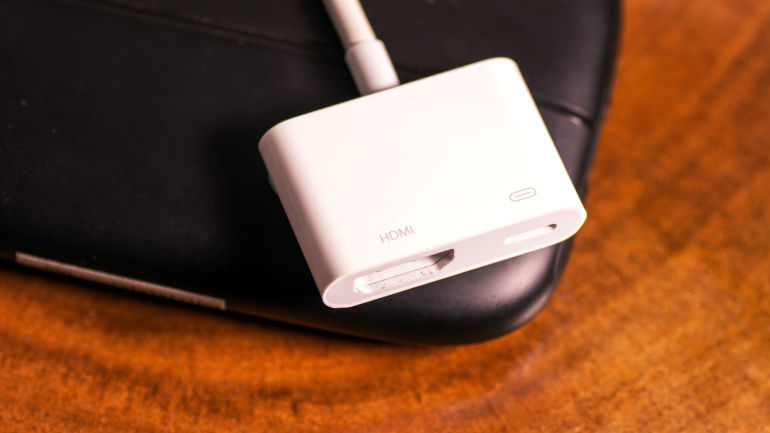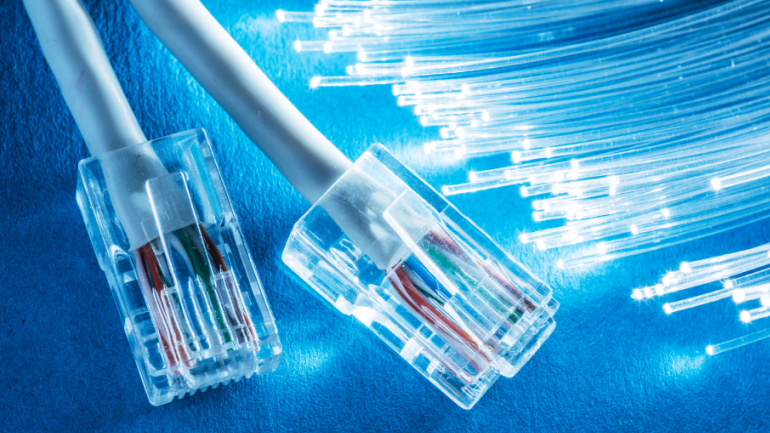Comcast is revolutionizing internet speed with its low-latency DOCSIS network, powered by IETF’s L4S standards. Promising lag times “faster than the blink of an eye,” this innovation enhances experiences for FaceTime, gaming, and mixed reality
Air Wireless has unveiled wireless DOCSIS technology, revolutionizing the delivery of wireless broadband services. This innovation allows cable TV providers to easily expand their data offerings. The new wireless DOCSIS solution competes with Fixed Wireless Access (FWA), posing a challenge to existing cable TV wireline broadband services and reshaping industry dynamics.
In a dynamic year for the cable industry, Comcast took center stage with the successful launch of DOCSIS 4.0, surpassing its commitment to be in the market by the second half of 2023. Unveiling a groundbreaking symmetrical multi-gig service boasting speeds of up to 2 Gbps, Comcast initially introduced this innovation in Colorado Springs, followed by Atlanta and Philadelphia. While plans for a nationwide DOCSIS 4.0 rollout in 2023 are in the pipeline, specific markets remain undisclosed.
In a groundbreaking development, Casa Systems, a prominent fixed and mobile vendor, showcased its prowess in extended spectrum (ESD) DOCSIS 4.0 technology. The company revealed that its virtual converged cable access platform (vCCAP) and Remote-PHY solution seamlessly integrate with third-party DOCSIS 4.0 cable modems, marking a significant milestone in the industry.
Comcast pioneers low latency technology for enhanced network performance, partnering with Apple, NVIDIA, and Valve. The trial explores latency-sensitive applications, with potential impacts on streaming, cloud gaming, and multiplayer experiences in the Xfinity 10G Network by 2023.
Nokia and ZCorum have developed an innovative DOCSIS Provisioning Adapter (DPA) to aid cable operators in transitioning to fiber networks. This application leverages existing DOCSIS systems while provisioning Optical Network Terminals on Passive Optical Networks. The DPA streamlines the fiber transition, enhancing scalability, performance, and reliability for cable operators.
RDK Management (RDK) today announced that it has joined the Wireless Broadband Alliance (WBA) and that the two organizations’ members plan to collaborate on industry-wide initiatives such as Operator Managed Wi-Fi, Wi-Fi 7, and IoT. RDK and WBA share many common members across broadband operators and technology companies that are committed to deploying RDK for Broadband (RDK-B).
In a bold move, Millicom is widening its synergies with Harmonic, specifically leveraging Harmonic’s advanced cOS broadband technology to expand high-speed internet access across nine Latin American countries. This strategic advancement is enabled by the enhancement of existing nodes using Harmonic’s hybrid fibre-cable technology.
Ooredoo drives Qatar National Vision 2030 with a widespread fiber rollout, covering 99.9% of households, maintaining high service levels and introducing innovative technologies. Vodafone UK advocates for the implementation of 5G SA technology, citing its transformative impact on industries, such as renewable energy and agriculture. CableLabs has made strides in deploying 10G network in 2023, advancing DOCSIS 4.0 technology, issuing CPON architecture specifications, and accelerating FTTP adoption. Microsoft’s new Copilot key represents a groundbreaking addition to Windows keyboards, integrating AI seamlessly and signaling a significant shift after three decades.
In the dynamic landscape of telecommunications, Charter Communications is strategically addressing the challenges posed by emerging technologies such as fiber optics and fixed wireless access (FWA). The company’s Chief Financial Officer, Jessica Fischer, highlighted Charter’s resilience against fiber competition, emphasizing the significance of pacing in the deployment of this technology.













